About Peace Amid & After Trauma
Peace Amid & After Trauma is a network of organizations and people providing training based on the STAR model. We serve individuals and organizations in all fields who want to enhance resilience and address trauma in justice and conflict-informed ways.
Learn more about our founder and expert trainers below.
About our founder
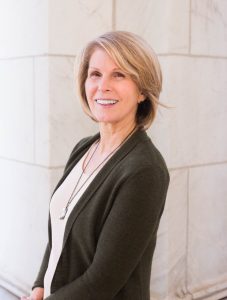 Welcome! I’m Carolyn Yoder. If you’re visiting this page, it’s likely that trauma has affected you, your family, your community, or your country. Or you may be with an organization that works with trauma-impacted populations. Here is the story behind Peace Amid & After Trauma.
Welcome! I’m Carolyn Yoder. If you’re visiting this page, it’s likely that trauma has affected you, your family, your community, or your country. Or you may be with an organization that works with trauma-impacted populations. Here is the story behind Peace Amid & After Trauma.
I'm an international trauma and resilience trainer and a Licensed Professional Counselor (LPC). I help individuals and communities who’ve experienced trauma find ways to move toward healing, justice, and peace. Right now, I'm applying these skills to the climate emergency, a collective trauma that impacts us all.
A bit of history on what brought me to this point
I spent nearly three decades living and working around the world:
- Asia (Nepal and Bangladesh),
- The Middle East (Egypt and Jordan),
- Africa (Kenya and Swaziland),
- The Caucasus (Armenia) and
- At home in the United States.
The work was challenging and immensely rewarding.
But I kept running into questions I couldn't answer.
I could help the people who came for one-on-one sessions counseling in my safe, quiet consulting room. But the world outside was full of survivors of—or people still experiencing—torture, trafficking, war, occupation, natural disasters, systemic oppression, terrorism, and the generational effects of historical trauma.
I couldn’t ignore the questions that acknowledging their presence brought up for me:
- How many psychologists would it take to treat entire communities—or countries—that were impacted by horrific events? Did people even need a psychologist?
- What lasting good could focusing on a person’s symptoms (such as insomnia or rage) do if the underlying roots (poverty or structural violence) weren’t also addressed?
- If an entire community lived under constant threat, wouldn’t hyper-arousal or withdrawal be natural responses rather than signs of a “mental disorder”?
- What role did trauma play in the cycles of violence at personal or national levels? Would addressing the resulting trauma and the underlying causes contribute to building a more secure and peaceful world?
I started looking for answers as to how to work in communities and societies in the trauma literature, trying to understand the effects of trauma and violence on groups, and searching for tools to address it.
Then, 9/11 created an opportunity to put what I was finding into practice—and learn more.
After the 9/11 attacks, I became the director of a multi-disciplinary team at the Center for Justice and Peacebuilding at Eastern Mennonite University. Our mandate was to develop a training program for community leaders in the US and internationally who were affected by the 9/11 attacks and the cycles of violence that ensued.
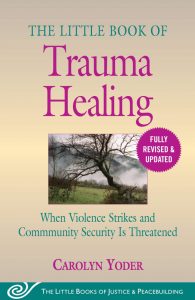
You can read more about the STAR approach in my book, "The LIttle Book of Trauma Healing: When Violence Strikes and Community Security is Threatened" (Good Books, 2020)
The training program our team created is called STAR: Strategies for Trauma Awareness and Resilience. We adapted and created frameworks drawing on neuroscience, psychology, restorative justice, conflict transformation, human security, and spirituality. We revised the content based on feedback from resilient workshop participants from around the world with deep knowledge of their communities and traditions.
Since 2002, hundreds of STAR evidence-based trainings have supported thousands of people and communities from six continents to become trauma-informed and interrupt cycles of violence against themselves or others. The framework and resources you’ll find on this website are based on what we learned.
Hurt people hurt. people. But transformed people transform people. The world urgently needs trauma-informed leaders in the home, community, and nation.
The resources on PeaceAmid&AfterTrauma help you---educators, business leaders, clergy, development workers, community organizers, and parents--- stay centered and resilient. We all need wisdom, vision, courage, and processes of trauma healing, justice, and conflict transformation in this time of upending and global crisis.
Meet our other expert trainers:

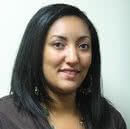
Crixel is the Executive Director of Minnesota Peacebuilding Leadership, a role she assumed in 2022 after being Assistant Executive Director since 2020. She has been passionate about sharing STAR with others since taking the training in 2010. She is a Certified STAR trainer having taken STAR Level II Training (2013) and the Restorative Justice 101 Training (2014) at the Center for Justice and Peacebuilding at Eastern Mennonite University. She is a charter member of Peacebuilding's Community Advisory Board and a Peacebuilding Associate Trainer (2013). She facilitates the free monthly Minnesota Peacebuilding Film Series and the Coming to the Table program.
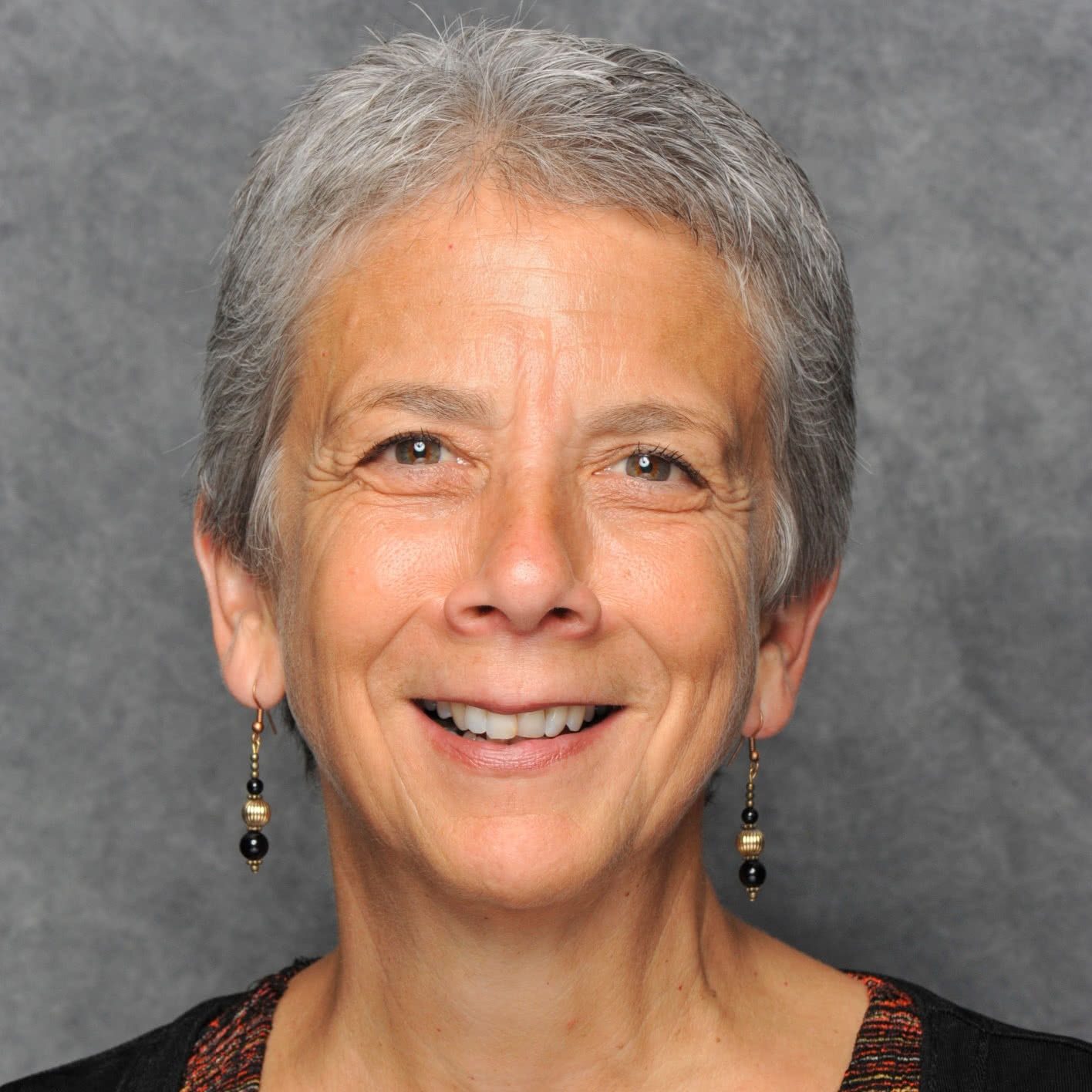
Elaine Zook Barge is the co-creator of the trainings, Addressing the Impact of Trauma and Migration (AITM), and Addressing the Impact and Trauma of Incarceration (AITI), both based on the STAR model. She is a trauma and resilience educator and consultant for individuals and organizations dealing with extreme stress and adversity. She has been facilitating Strategies for Trauma Awareness and Resilience (STAR) learning since the program developed in 2002 at Eastern Mennonite University (EMU). She worked in community development and peacebuilding amidst violence in Central America in the 1980s and 1990s. She has trained and coached thousands of professionals worldwide, providing support and tools for those in high-stress situations. She holds a Master of Arts in Conflict Transformation (2003) and a Bachelor of Science in Nutrition/ Community Development (1984) from EMU.
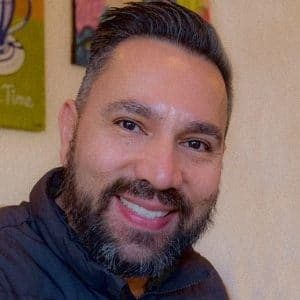
Saulo Padilla is the Coordinator of the Mennonite Central Committee’s (MCC) U.S. Immigration Education National Program since 2008. He develops and provides learning opportunities about the need for better and safer mechanisms for people facing migration, and advocating to reform the immigration system. For MCC he coordinates immigration law trainings for non-profits offering immigration legal services to immigrant communities and leads learning tours to the U.S./Mexico and Guatemala/Mexico borders. Saulo has completed STAR I and II trainings on trauma and resilience. His passion for working with immigrants comes from his own experience as the son of a refugee and an immigrant himself, and the biblical commandment to love and embrace the stranger. He is a Canadian citizen, born in Guatemala from where he migrated to Canada, then to the US.

Katie Mansfield is the Lead Trainer for the Strategies for Trauma Awareness and Resilience (STAR) program within Eastern Mennonite University’s Center for Justice and Peacebuilding.
In 2020, she completed and defended her doctoral dissertation, entitled Re-friending the Body: Arts-based, Embodied Learning for Building Resilience. In addition to exploring expressive arts-based, embodied learning, her research required a deep look into whiteness, power oblivion, and shadow. Her doctoral work in Expressive Arts and Conflict Transformation from the European Graduate School (Switzerland) was supervised by Dr. Sally Atkins, with additional committee members Dr. Ram Bhagat and Dr. John Paul Lederach.
With the onset of the pandemic in 2020, Katie started dancing five times a day, inspired by Muslim and Catholic Worker commitment to prayer five times daily and Alice Walker's assertion that "hard times require furious dancing." All are welcome to join at Dancing Resilience on Facebook. (As of late August 2020, we've danced more than 800 dances...)
More than seven years into living in Virginia, Katie has learned to grow some of her own food, and she's thankful to be part of the advisory board of the Drums No Guns Foundation.
Before joining STAR, Katie worked with the Mennonite Central Committee Kenya for three years as peacebuilding coordinator. Previously she worked with Notre Dame’s Kroc Institute, researching, writing, planning, and network building with initiatives in Colombia, Argentina, Thailand, and Nepal and linking Kroc’s alumni network. She also worked with CDA Collaborative Learning Projects’ Listening Project and engaged in peace education work in Davao (Mindanao), Boston, and Delhi. Prior to working in peacebuilding, she worked for eight years with a major multinational bank in New York and London.
Katie completed her M.A. in International Peace Studies (Kroc Institute) in 2008 and her AB in History at Harvard University in 1996. She has also completed teacher trainings in yoga and healing dance. She studied personal embodiment for three intensive months at the Tamalpa Institute in California in 2014, and she completed a two-year training in Integrative Energetic Medicine with the Whitewinds Featherstone Institute in 2017.




